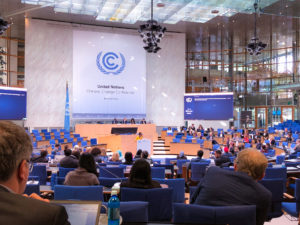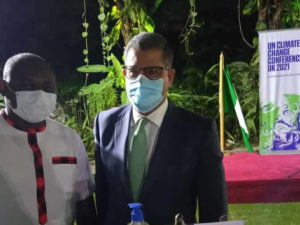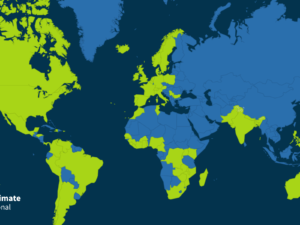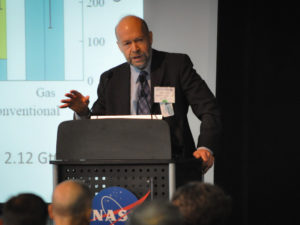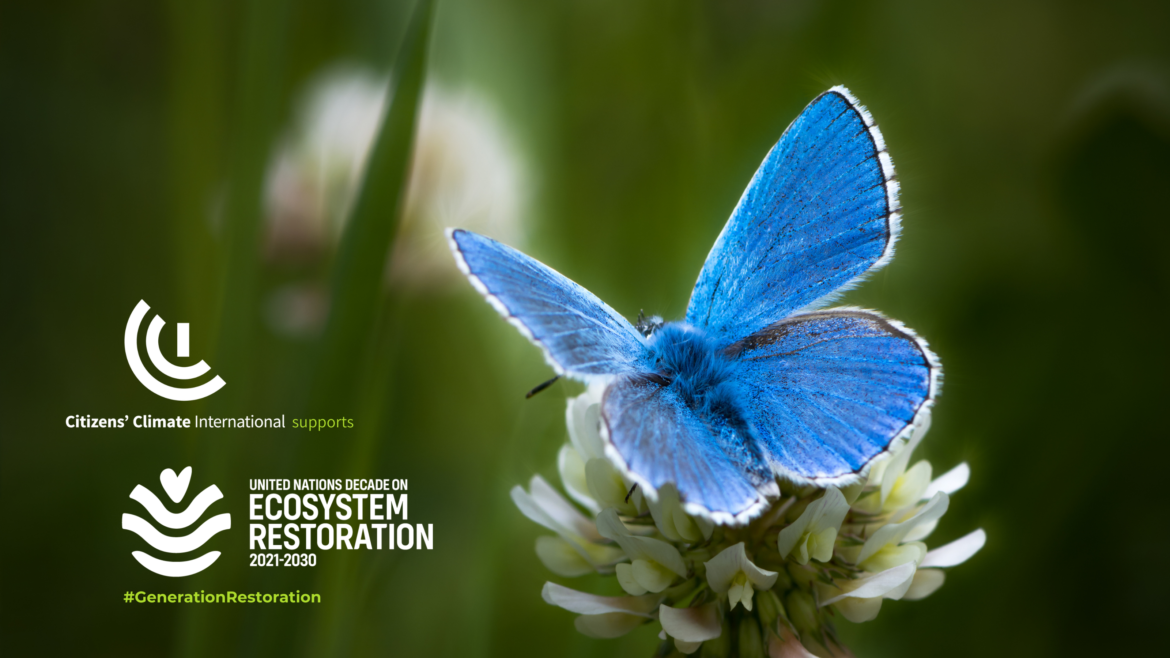
Nature is a continuum. If we look at the local details of what we call “the climate system”, this continuum becomes visible: mountain glaciers shed water into rivers and streams, which fan out across the landscape, and eventually run to the ocean.
- Human societies tend to be organized around watersheds.
- When we talk about the cryosphere, we not only talk about cold, reflective places that anchor climate patterns; we are also talking about the water that sustains life and determines the health of land-based and marine ecosystems.
- Loss of biological diversity and ecosystem health is so extreme, there is a real risk to the biosphere itself.
As we mark World Environment Day, we must take stock of the fact that the health of our environment conditions our own chances for health and safety.
One Health
The COVID-19 pandemic was caused by a coronavirus that had no previous contact with our species. It spilled over from other species, yet to be identified. The incidence of zoonotic pathogen spillover from wildlife to humans is accelerating. All 3 documented coronavirus spillovers have happened in the last 2 decades.
Degradation of ecosystems, and the biological diversity that determines their everyday existence, vibrancy, and resilience, is a threat to human wellbeing, health, and safety. COVID-19 demonstrates clearly that such resilience failures also pose a threat to the resilience of national economies, national budgets, and potentially to the stability of nation states.
When we speak about health, we need to consider human health, but also the health of animals, ecosystems, broader planetary health considerations, and the effect of these converging and compounding risks on fiscal stability.
UN Decade on Ecosystem Restoration
The United Nations is launching a Decade on Ecosystem Restoration, aiming to restore wild places, biodiversity, and the health and resilience of ecosystems on land and in the ocean. This will require a dedication to understanding the deep interlinkage of living systems, geophysics, and human activity, with coordinated action to assess and greatly improve the Nature-positive qualifications of mainstream finance.
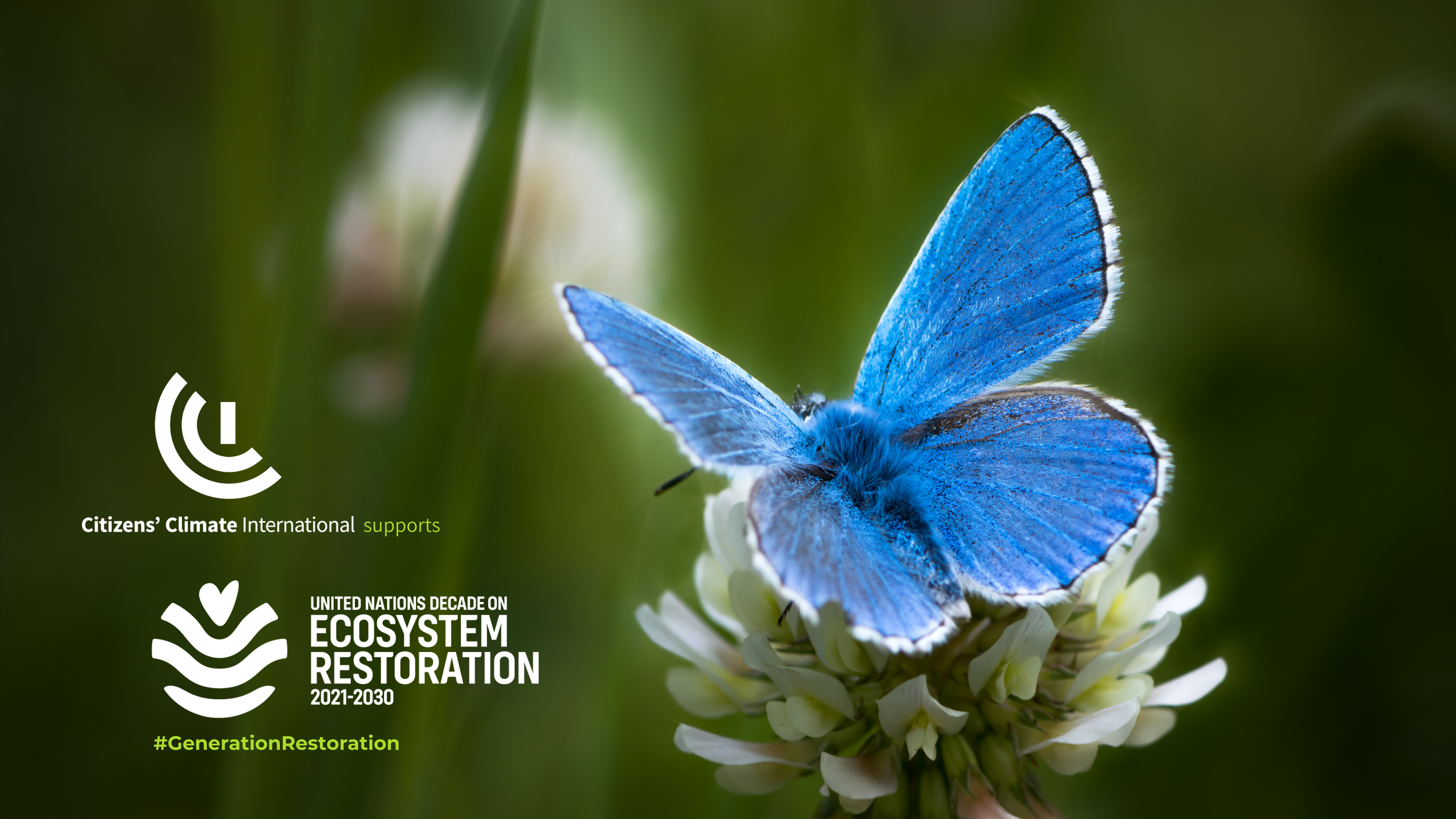
Because natural systems provide the conditions in which life can thrive, we are beginning to see courts of law recognize the right to a livable climate future. Germany’s Constitutional Court recently ruled that the state is bound by law to:
treat the natural foundations of life with such care and to leave them to posterity in such a condition that future generations could not continue to preserve them only at the price of radical abstinence of their own.
Ecosystem restoration is a focused and vital part of a wider effort to bring human industry, agriculture, trade, and investment, into harmony with Nature—a United Nations goal for 2050. The need to protect against harm to ecosystems, watersheds, the climate, and human wellbeing—the One Health standard—requires an integrated, collaborative approach to futurebuilding.
Integrated Futurebuilding
United Nations Climate Change negotiations resumed this week, with an unprecedented global virtual negotiation. The sessions will not produce immediate legal decisions, but will advance the substantive work toward legal decisions to be taken this fall, ahead of the COP26 negotiations in Glasgow. Ideally, there will be consensus around draft legal decisions covering time-sensitive and also politically thorny issues, and an immediate pre-COP session can formalize these decisions.
- Key sticking points included transparency, finance, public participation, and the urgency of early action.
- Some nations object to being closely monitored and have sought to block observers from the process.
- Advancing on the unfinished rules for international transfer of mitigation outcomes (effectively the trading of climate action credit) requires deep, detailed, transparent accounting, with common standards and safeguards against “double counting”.
- Finance discussions may be diverging more formally into discussions of direct assistance and “catalyzed” finance, driven by policy and by private-sector response to incentives.
Food systems and regenerative agriculture are making their way more intimately into the UNFCCC process, with potential to provide for significant upgrading of national climate action plans (NDCs). Meanwhile, there is a need for better understanding of how data systems can interact with poor smallholder farming communities, and communities in climate-related transition, to ensure clarity about verified emissions reductions, measurable climate benefits, and inclusive sustainable development.
Stakeholders as Powerholders
With all of the above-mentioned work in front of us, Citizens’ Climate International wishes to remind decision-makers that stakeholders are powerholders—everyday actors with practical capacity to anchor, mobilize, expand, and improve Nature-positive policies, innovations, and industries. The insight, rights, and capabilities of all stakeholders can be determinants of our broader success in securing a livable future.
As the International Energy Agency recently reported, “There is no need for investment in new fossil fuel supply,”, because the better, safer, more prosperous economic future does not include combustible fuels. The nations that honor the right to climate protection, invite all voices into an inclusive process of decisive transition, and demonstrate their financial systems can produce measurable benefits to climate, Nature, and health, will be the shapers of the 21st century global economy.
We are committed to ensuring citizens and communities, non-Party stakeholders in intergovernmental negotiations, and especially vulnerable groups, have structured, always active ways to engage and to shape their world. We invite partners in the UNFCCC process, climate advocacy, ECOS community, and wider landscape of leaders and decision-makers, to join us in this cause.


